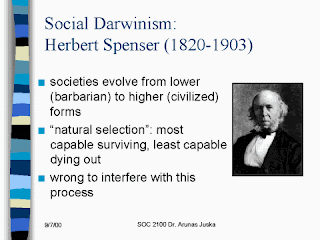Like many UK inhabitants my feelings about Europe and more specifically the EU are mixed. I like the idea of Europe (I actually lived in mainland Europe for a bit over 2 years) I enjoy visiting Europe, the food the culture and its values but I suppose in my heart of hearts I feel that Britain (and Northern Ireland) is pulled towards the hegemony of the USA.
Having said that there is a realism that recognises that we (UK and NI) need to be part of a trading block and the logical one is the EU.
So what is the current political storm over the membership of the EU and why does it threaten the Tories so much?
Let's consider some of the specific issues that are being raised in the debate (particularly by UKIP)
EU immigrants taking our jobs -
The National Institute of Economic and Social Research found however that the correlation between migrants inflow and native employments in the UK was very small, around 0.02 percentage points. It also found that Polish migrants had contributed to 1% of UK GDP, a significant boost to the economy. (from
eudebate.blogspotco.uk)
Net contributor
The UK is the current 3rd biggest contributor to the EU budget - have a look at
The Daily Telegraph's detail.
We're run By Brussels
In fact this is more complex (wouldn't you know it) than some commentators might lead you to believe the
WSJ gives some depth to what many intuitively feel.
Britain can go it alone
The strongly
Eurosceptic Daily Express reports that it is agreed that we could go it alone, what could be a danger though is if Scotland (and perhaps further down the road other parts of the UK and NI) decide to go for further autonomy but wish to be part of the EU, this would be an issue practically.
The USA wants us in Europe
The message from Washington is clear and unambiguous -they want UK in Europe as this
BBC report explains.
Loads more..
There's quite a nice summary of other points
here too.
Now why is tearing the Tories apart (there are
Labour anti-EU MPs but the debates is not so fierce there)? Have a look at what the
Independent says.
(It's probably more relevant what the Government does than what the opposition says too.)
For my part I think when you join something it's better to take part than whinge from the side-lines which could be viewed as the UK's current position.
Big Idea Liberalism number 122
Liberal comes from Latin for freedom, it has good associations with Liberty, Liberation and conversely illiberal.
Liberals believe in freedom of the individual where it does not adversely affect others, economic liberals favour small government social liberals are often proponents of 'rights' e.g. Gay rights.
A
definition of Liberalism is..
"A political theory founded on the natural goodness of humans and the autonomy of the individual and favouring civil and political liberties, government by law with the consent of the governed, and protection from arbitrary authority."

In the UK political parties the Liberal Party (now part of the
Lib Dems) are associated with centre of political practice between Labour on the Left and the Conservatives on the right, in the USA where there is not a Liberal party as such the liberal thinkers are generally associated with the Democrats.
It is worth mentioning that in USA Liberal is often used as a term of abuse by Republicans.
The name associated with liberalism is John,
John Locke and his Social Contract, (influenced Thomas Jefferson)
John Stuart Mill and his On Liberty (1859) was influential on the limits of non intervention and a more contemporary liberal was
John Rawls (American 1971) who wrote Theory of Justice (1971).


















































